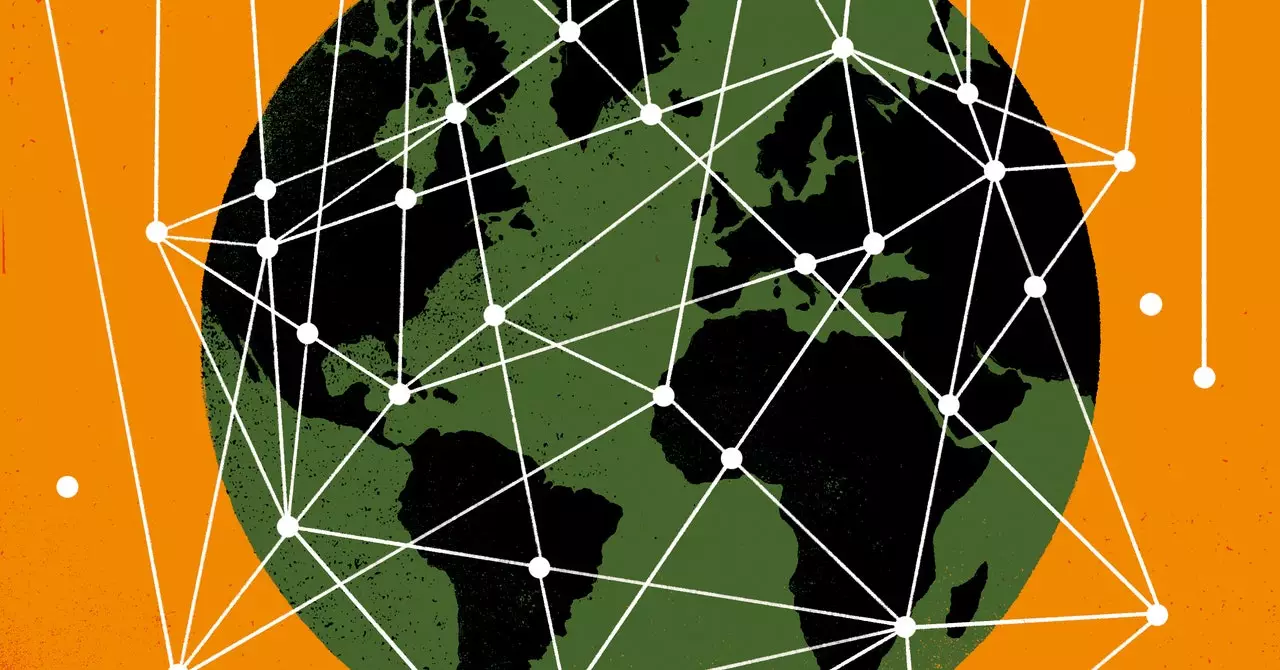The rise of artificial intelligence (AI) has irrevocably altered the landscape of geopolitics, prompting nations to rethink their strategies and diplomatic engagements. As we look towards 2025, a pivotal year anticipated for a fundamental shift in how AI is approached on an international scale, it is vital to analyze the past and understand how world leaders are likely to prioritize cooperation over competition for national advantage.
The years following the advent of powerful AI systems such as ChatGPT have generated a duality of fervor akin to a gold rush alongside an overwhelming sense of moral panic. In 2023, this dichotomy was starkly illuminated by significant investments in AI, which prompted prominent figures, such as Elon Musk and Steve Wozniak, to urge policymakers for a six-month pause on the development of systems exceeding the capabilities of GPT-4. With comparisons to nuclear warfare and global pandemics, the implications of unchecked AI development weighed heavily on the political sphere.
The reactions of national leaders to these concerns have led to a spike in AI nationalism, where countries perceive AI capabilities as a benchmark of global power and prestige. This attitude has clouded a more balanced understanding of technological potential, redirecting the discourse towards an arms-race mentality that overlooks the collaborative benefits of AI advancements.
Geopolitical ambitions related to AI became evident when various nations announced their strategies aimed at dominating the AI sector. For instance, in 2017, Chinese President Xi Jinping introduced a vision for China to solidify its position as an AI superpower by 2030. This aggressive strategy resulted in initiatives like the “New Generation AI Development Plan,” which set explicit timelines for reaching a leading status in AI innovation.
In response, the United States implemented protective measures through the CHIPs and Science Act of 2022, which banned the export of semiconductors to China—a maneuver designed to bolster domestic capabilities while stifling foreign advancements. Similarly, President Biden’s proposed restrictions on investments in Chinese AI demonstrate the extent to which nations feel compelled to safeguard their technological frontiers. These defensive postures signify a troubling trend where national interests eclipse opportunities for international partnerships aimed at harnessing AI for shared benefits.
To navigate the challenges of the current landscape, it is essential to glean insights from historical precedents, particularly the Cold War. During that era, the United States, while positioning itself as a technological leader, effectively utilized diplomacy to foster positive collaborative efforts in space exploration. Notably, U.S. leadership culminated in international treaties aimed at preventing the weaponization of space and ensuring that its exploration remained a collective endeavor for humanity.
In contrast, the current discourse surrounding AI has been characterized by a lack of collaborative vision. This absence highlights the necessity for countries to adopt a unified and enlightened approach towards AI policy, where the focus shifts from isolationist competition to fostering an imaginative and aspirational framework for AI advancements.
Looking ahead to 2025, there are promising signs that the international community may realign towards cooperative engagement concerning AI. The AI Summit in France is anticipated to mark a significant turning point, with President Macron prioritizing pragmatic solutions and global standards over narrow safety concerns. His commitment to addressing a wider array of policy challenges indicates a shift towards inclusivity and joint responsibility in AI governance.
Moreover, the UN’s recognition of the need for broader participation in AI discussions signals a crucial move towards collaboration. The establishment of a bilateral consultation mechanism between the U.S. and China in 2024 further underscores an emerging willingness to engage in productive dialogue regarding artificial intelligence.
As the world edges closer to 2025, the expectation is that geopolitical dynamics around AI will mature, moving from a singular focus on national power struggles to a more collaborative framework aimed at addressing global challenges. The adoption of diplomacy over nationalism could herald a new era in AI governance, with the potential for transformative developments that benefit all of humanity. By learning from historical lessons and actively participating in future dialogues, nations can shape a more sustainable and ethically sound trajectory for artificial intelligence that prioritizes collective progress.


Leave a Reply